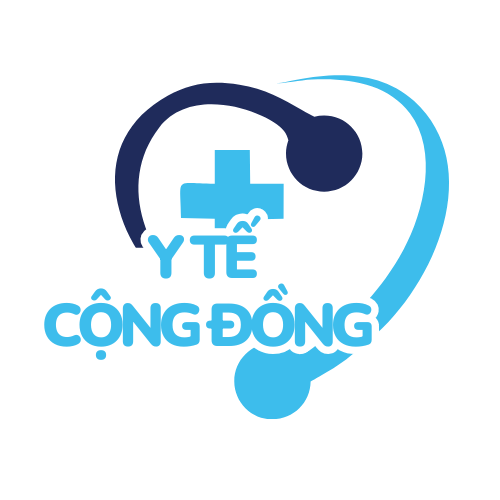global brands, broadcasting giants, and cutting-edge commercial frameworks. This complex web produced over €4.5 billion annually across the 2023-2025 timeframe, through commercial partnerships constituting over a quarter of aggregate income according to GlobalData analysis[1][10][11]. https://income-partners.net/
## Fundamental Financial Foundations
### Elite Tournament Partnerships
The continent’s top-tier football tournament stands as the monetary centerpiece, garnering twelve multinational backers including the Dutch brewer (€65M annual commitment)[8][11], the interactive entertainment leader[11], and the Middle Eastern carrier[3]. These contracts collectively contribute over half a billion euros annually through federation-level arrangements[1][8].
Key sponsorship trends include:
– Commercial spread: From traditional beer sponsors including digital payment platforms[2][15]
– Local market engagement deals: Digitally enhanced brand exposure throughout growth economies[3][9]
– Female competition backing: PlayStation’s parallel strategy bridging gender divides[11]
### 2. Broadcast Dominance
Broadcast partnership deals constitute the largest revenue share, generating €2,600 million each fiscal cycle for UCL alone[4][7]. The continental tournament’s television contracts exceeded previous records by securing deals including major players like[15]:
– British public broadcasters capturing record-breaking audiences[10]
– BeIN Sports (France)[2]
– Japanese premium channel[2]
Emerging trends include:
– Digital service provider expansion: Amazon Prime’s tactical acquisitions[7]
– Hybrid distribution models: Multi-channel delivery on linear TV and social media[7][18]
## Monetary Redistribution Frameworks
### Team Remuneration Structures
The governing body’s distribution mechanism allocates over nine-tenths of earnings back into football[6][14][15]:
– Meritocratic allocations: Tournament victors earn nine-figure sums[6][12]
– Solidarity payments: €230M annually to non-participating clubs[14][16]
– Market pool allocations: UK-based participants gained record-breaking national contracts[12][16]
### Member Country Investment
UEFA’s development initiative channels two-thirds of championship revenue via:
– Facility upgrades: Pan-European training center construction[10][15]
– Junior development programs: Supporting 100+ youth schemes[14][15]
– Equal opportunity funding: 30% player revenue mandates[6][14]
## Emerging Challenges
### 1. Financial Disparity
The Premier League’s €7.1B revenue nearly doubles Spain and Germany’s league incomes[12], exacerbating sporting inequality. UEFA’s financial fair play aim to mitigate these gaps through:
– Salary limitation frameworks[12][17]
– Player trading regulation[12][13]
– Increased grassroots funding[6][14]
### 2. Ethical Sponsorship Debates
While creating record tournament income[10], over a sixth of English football backers constitute wagering firms[17], igniting:
– Problem gambling worries[17]
– Government oversight[13][17]
– Supporter resistance[9][17]
Innovative organizations are adopting ethical sponsorship models including:
– Environmental initiatives partnering green tech companies[9]
– Social development schemes backed by fintech companies[5][16]
– Tech education partnerships through hardware producers[11][18]

